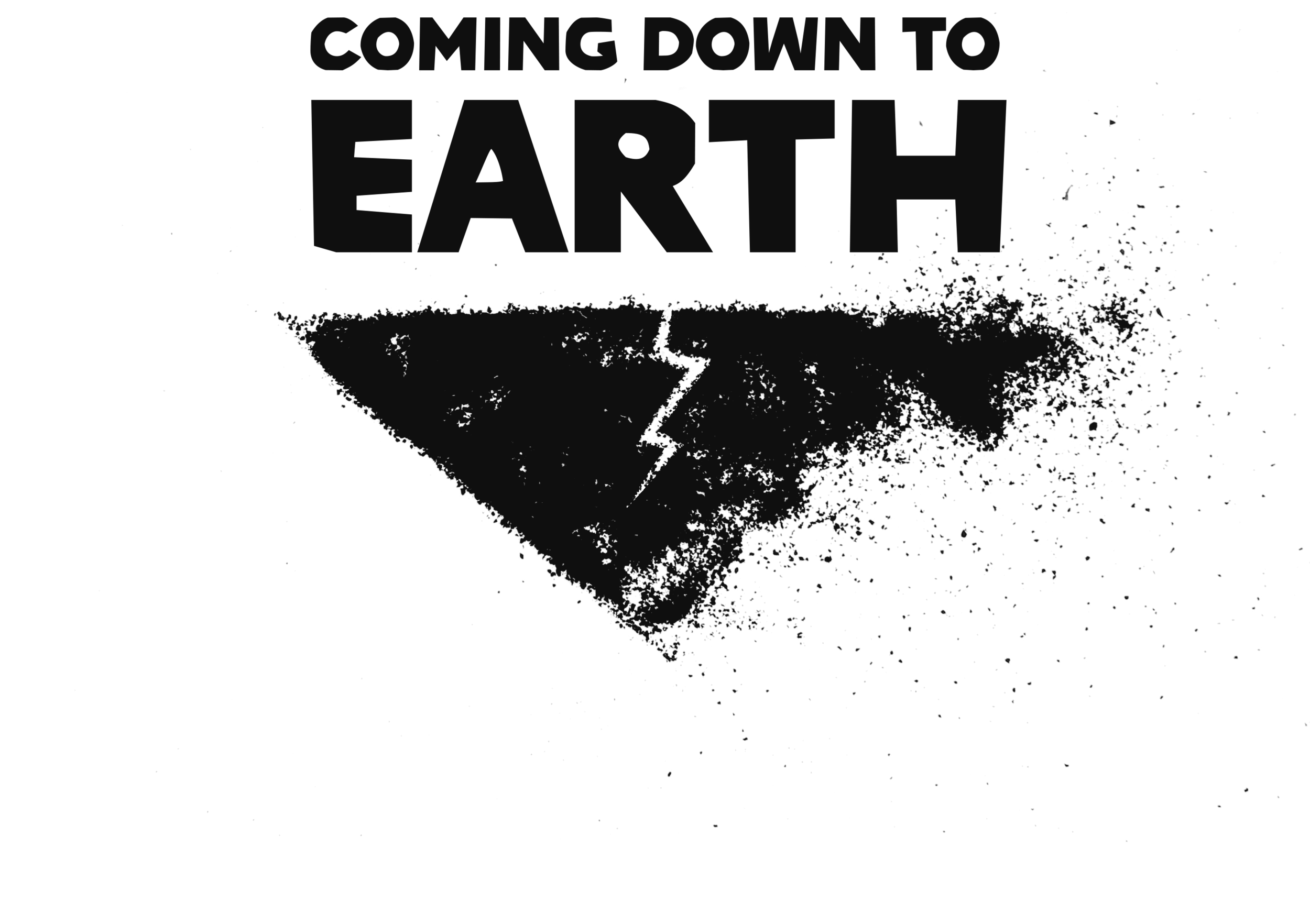Guy Burgess
Guy Burgess received its Ph.D.s in sociology in 1979 from the University of Colorado and then did post-doctoral work at MIT a year later during the 1979-80 "energy crisis." That, together with his dissertations, encouraged his focus on difficult conflict problems, ranging from international conflicts to domestic (meaning US) environmental and public policy conflicts.
After working a variety of short term, practical conflict jobs, Guy and His wife Heidi received a grant from the Hewlett Foundation in the late 1980s to start a conflict resolution "theory-building center" that is now known as the Conflict Information Consortium at the University of Colorado. The Consortium started with a team of researchers focused on three different areas: international conflict, environmental conflict, and racial and ethnic conflicts within the U.S. It soon became apparent, however, that all three groups were examining problems that were very similar in many respects. They soon combined them into one big project, focused on what they called "intractable" (not impossible) conflicts---conflicts that are very deep-rooted, very complex, and very difficult to resolve. The Burgesses, and the Consortium, have maintained that focus ever since.
As Co-Directors of the Consortium, Guy and Heidi have been able to self-design rather unusual careers which combined theory building, practice, and teaching using theories and strategies from many disciplines, not just sociology. Drawn to complexity and systems theory very early by Kenneth Boulding's work, they almost always tried to focus on the big picture and how all the different conflict elements fit together. They have also long focused on the multiplicity of conflict roles, examining not just how experts (mediators, lawyers, judges, etc.) resolve conflicts, but also how disputants themselves can engage in conflicts more and less constructively. Since they believe that most conflicts are not resolved by experts, but rather by the disputants themselves, they decided early on that teaching disputants more effective conflict-handling techniques is very important.
This led them, in the early 1990s, to begin focusing on the use of computer-based information systems and the Internet (once that was developed) to disseminate conflict knowledge to as many people as possible. This resulted in the development of two extremely large knowledge bases. The first one, called CRInfo (The Conflict Resolution Information Source) is available at www.crinfo.org. It focuses on conflict resolution in general, particularly domestic conflicts and ADR (alternative dispute resolution). When it was first developed in the early days of the Internet, they really thought they had links to and annotations about EVERY online article about conflict resolution that appeared on the web. That quickly became impossible, of course, but CRInfo still has tens of thousands of good articles about diverse aspects of conflict resolution available in one place.
While they were doing that work, however, the Burgesses discovered that many of their "environmentalist" friends were disinterested (perhaps even put off) by their work when they used the term "conflict resolution," as these folk weren't interested in resolving their conflicts, they were interested in winning! When the Burgesses changed their focus to what they have come to call "Constructive Confrontation," they found that the appeal of their work broadened dramatically. The key difference is that constructive confrontation is not focused on resolution, but rather on conflict engagement in more constructive and effective ways. It can be done by people in all roles--not just intermediary roles, but also by disputants themselves. The Constructive Confrontation Project soon morphed into a second large knowledge base project which was started in the early 2000s, called "Beyond Intractability" or BI, available at www.beyondintractability.org.
Both of these online knowledge systems are still available. The Burgesses continue to update BI, which now has around 5000 different resources (core essays, case studies, book and article summaries, practitioner reflections and profiles, and 100+ audio interviews with experts in the field). It is used by about 200,000 different people from around the world every month and is known as one of the best and most comprehensive such knowledge systems available.
A number of years ago, their colleague, Bill Ury, suggested that they should change BI from simply a knowledge base to a "place" where conflict scholars, practitioners, and even disputants themselves could "get together" online to discuss more constructive ways of handling conflict. At the time Bill made that suggestion, it wasn't really practical, but now with all the social networking tools available on the web, it is. A few years ago the Burgesses attempted to change BI into what they called a "collaborative learning community," and building on that, they started "Moving Beyond Intractability MOOS--or 'Massive Open Online Seminar" in 2016. This has blossomed into a number of different seminars and blogs, and now a new initiative, entitled the Constructive Conflict Initiative that is trying, in a different way, to get many more people involved in encouraging a widespread, more constructive approach to intractable conflicts.
In October, 2019, after been "partially retired" for several years, the Burgesses officially retired from the University of Colorado. However, the University gave them complete freedom to take the Conflict Information Consortium and all of its projects with them, so we are continuing to do the work we were doing at the University at the now-free standing Conflict Information Consortium.

